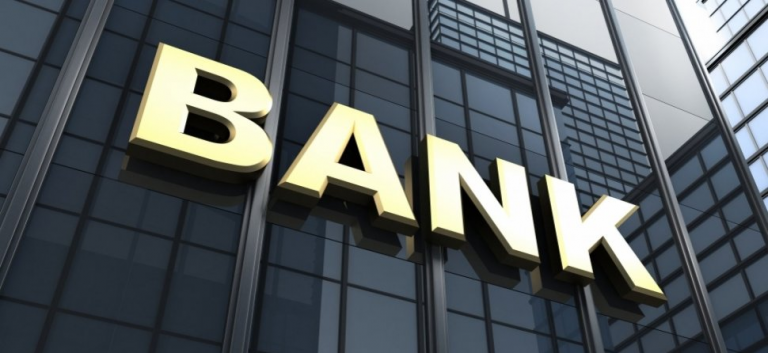
Steve Jobs executed it through iPhone, and business legends across industrial sectors have tested the construct. Perception Demand brings demand to markets beyond the needs and expectations but perceptions of customers. A moment of seeing and liking products you never imagined could have been possible. But upon seeing the product, you become a fan – a higher call in customership.
The Perception Demand Construct is a construct where you work on things which are not really evident to be in demand. Yet you go ahead to create that product. The demand may not be existing but you are confident you can stimulate it. Yes, you do believe that your product can elicit demand and grow the sector when launched. This is different from existing demand which could be met via starting a web hosting company or selling light bulbs where you know people actually need those services.
As I explained in a 2010 piece in Harvard Business Review, it is the pinnacle of product innovation when scaled. It offers a new basis of competition and typically engineers disruptions in markets.
In Nigeria, one bank gave us a Perception Demand product. Diamond Bank’s DIBS (Diamond Integrated Banking System) was a peerless product when it was invented in 1990s. It ushered modern banking in Nigeria by making it possible that you could deposit money in one bank branch and operate the account in any of the same bank branches. That innovation, in my opinion, is the greatest product in the history of Nigerian banking. Yes, DIBS is the All-Time Greatest Banking Product in Nigeria. It was built on perception demand construct.
Register for Tekedia Mini-MBA edition 19 (Feb 9 – May 2, 2026): big discounts for early bird.
Tekedia AI in Business Masterclass opens registrations.
Join Tekedia Capital Syndicate and co-invest in great global startups.
Register for Tekedia AI Lab: From Technical Design to Deployment (next edition begins Jan 24 2026).
Comment on LinkedIn Feed
To succeed in perception demand construct, you must show character. Steve Jobs succeeded because he never imagined or envisioned a world where every person would have an iPhone on his or her hand, but rather he built for a niche, a league of people, then encouraged and persuaded those who weren’t in that league as at the time to aspire and join the ‘exclusive’ club. And today iPhone is celebrated, despite all the talks about pricing and not being ‘accommodating’; the usual recipes for quality degradation and loss of direction.
Again, that of Diamond bank’s DIBS perhaps succeeded because it never waited for internet connectivity to be across board, or thought of what would happen to those in the rural areas, and when others saw it, they keyed in; rather than waiting for a consensus or what would be suitable for everyone.
Whether in product development or anything in life, be bold enough to set a high standard, then stimulate or spur people to meet that standard. To build an enduring and sustainable product, you must decouple your mind from ‘products activism’, where you attempt to build for all comers, except if you are selling food.
Do not go low to accommodate others, rather remain up there and bring them to your level.
---
Connect via my
LinkedIn |
Facebook |
X |
TikTok |
Instagram |
YouTube

